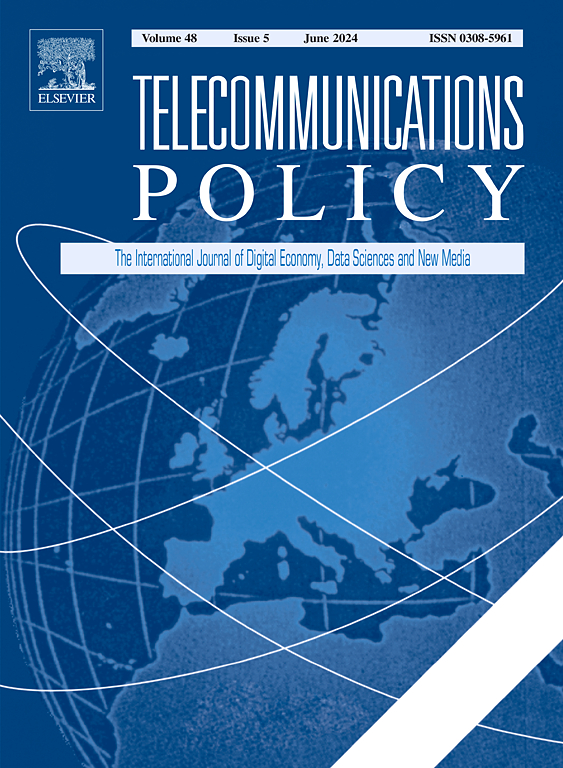评估广告技术生态系统中反竞争行为的结构和行为补救措施
IF 6.4
2区 管理学
Q1 COMMUNICATION
引用次数: 0
摘要
Alphabet在广告技术领域的广泛垂直整合受到了竞争监管机构越来越多的审查。本文研究了Alphabet所谓的杠杆做法,包括捆绑第一方库存和数据、限制性互操作性和歧视性拍卖规则,是如何破坏多屋并取消竞争对手中介机构的抵押品赎回权的。通过对反竞争效应和声称的效率的结构化分析,我们表明,在一个不透明、快速发展的生态系统中,纯粹的行为补救措施需要持续的、资源密集型的监督。相比之下,更有针对性的结构调整,特别是从面向出版商的业务中剥离Alphabet的买方服务,直接消除了利益冲突,同时避免了对面向消费者的平台进行侵入性剥离。这种有针对性的拆分有可能促进整个广告技术价值链的真正竞争,减轻对永久监控的需求,如果辅以行为补救措施,则可以保持对广告商,出版商和用户有利的重要效率。本文章由计算机程序翻译,如有差异,请以英文原文为准。
Evaluating structural and behavioral remedies for anticompetitive conducts in the ad tech ecosystem
Alphabet’s extensive vertical integration across the ad tech stack has come under increased scrutiny from competition authorities. This paper examines how Alphabet’s alleged leveraging practices, including tying of first-party inventory and data, restrictive interoperability, and discriminatory auction rules, undermine multihoming and foreclose rival intermediaries. Drawing on a structured analysis of anticompetitive effects and claimed efficiencies, we show that purely behavioral remedies would require constant, resource-intensive oversight in an opaque, rapidly evolving ecosystem. By contrast, a more focused structural realignment, specifically divesting Alphabet’s buy-side services from its publisher-facing operations, directly removes conflicts of interest while refraining from intrusive divestiture of consumer-facing platforms. This targeted breakup has the potential to foster genuine competition across the ad tech value chain, mitigates the need for perpetual monitoring, and if complemented by behavioral remedies, preserves important efficiencies that benefit advertisers, publishers, and users.
求助全文
通过发布文献求助,成功后即可免费获取论文全文。
去求助
来源期刊

Telecommunications Policy
工程技术-电信学
CiteScore
10.80
自引率
12.50%
发文量
122
审稿时长
38 days
期刊介绍:
Telecommunications Policy is concerned with the impact of digitalization in the economy and society. The journal is multidisciplinary, encompassing conceptual, theoretical and empirical studies, quantitative as well as qualitative. The scope includes policy, regulation, and governance; big data, artificial intelligence and data science; new and traditional sectors encompassing new media and the platform economy; management, entrepreneurship, innovation and use. Contributions may explore these topics at national, regional and international levels, including issues confronting both developed and developing countries. The papers accepted by the journal meet high standards of analytical rigor and policy relevance.
 求助内容:
求助内容: 应助结果提醒方式:
应助结果提醒方式:


